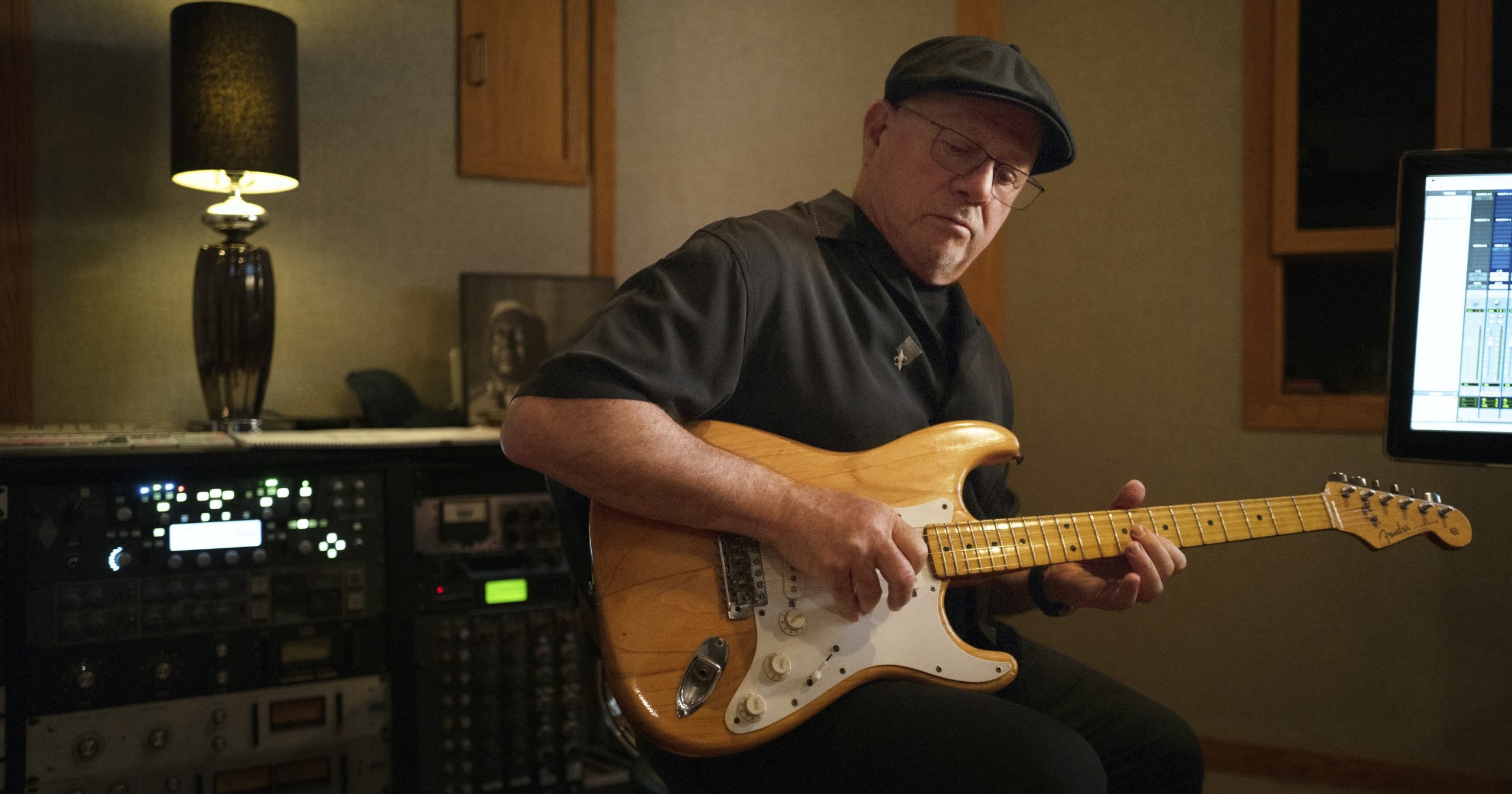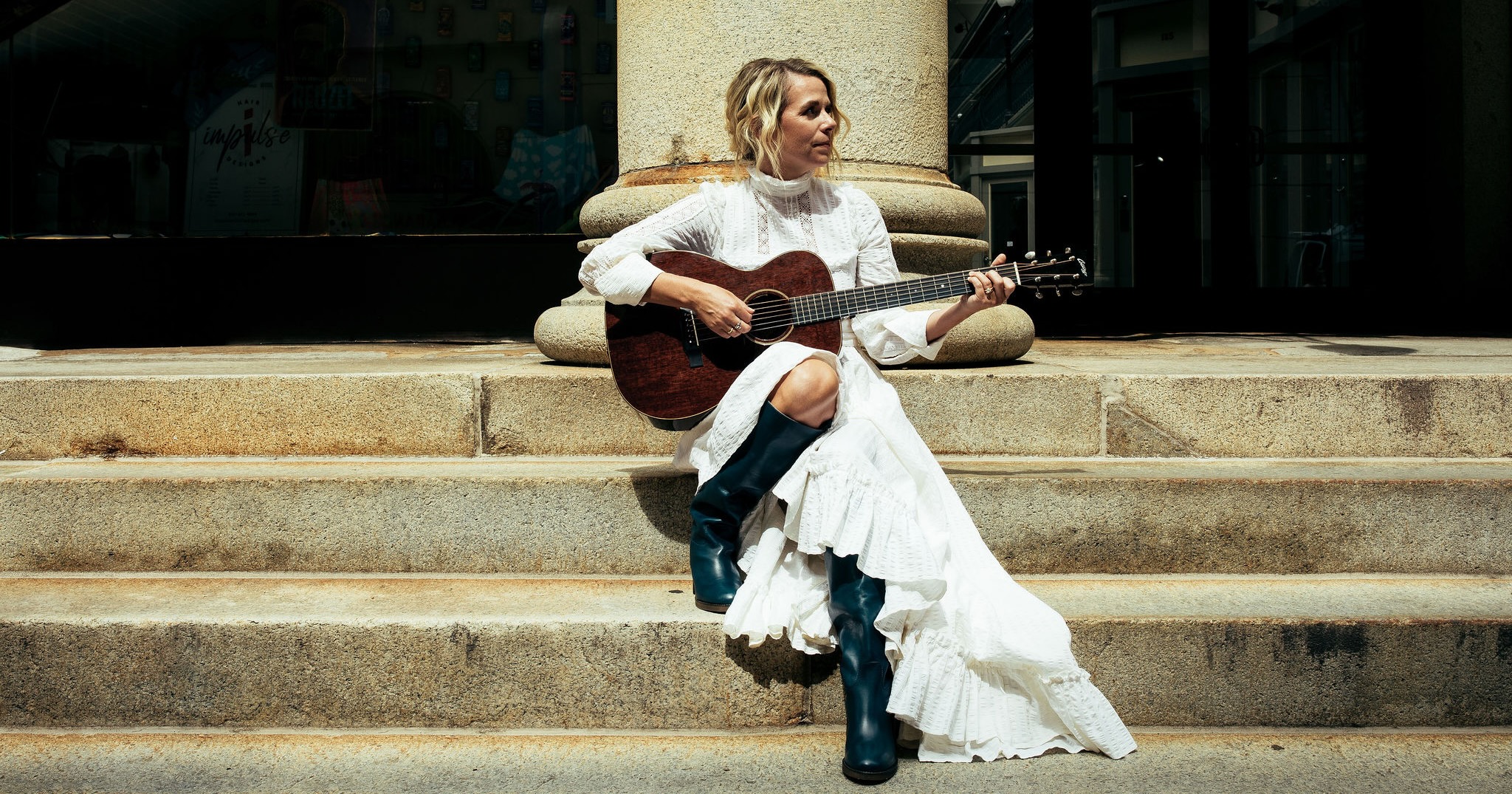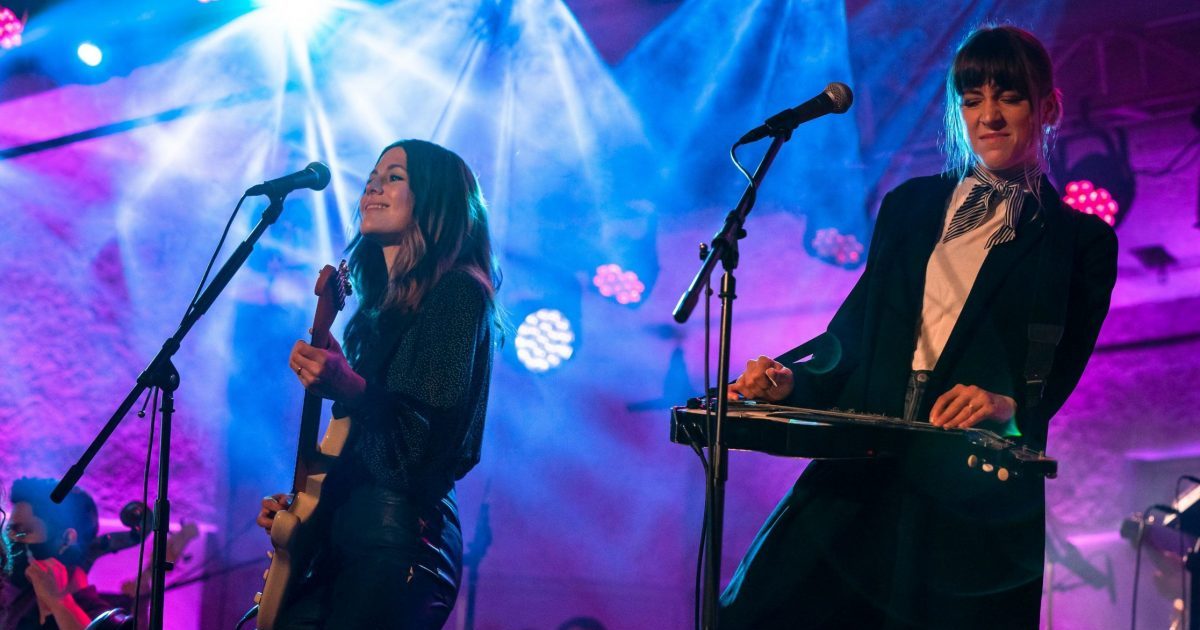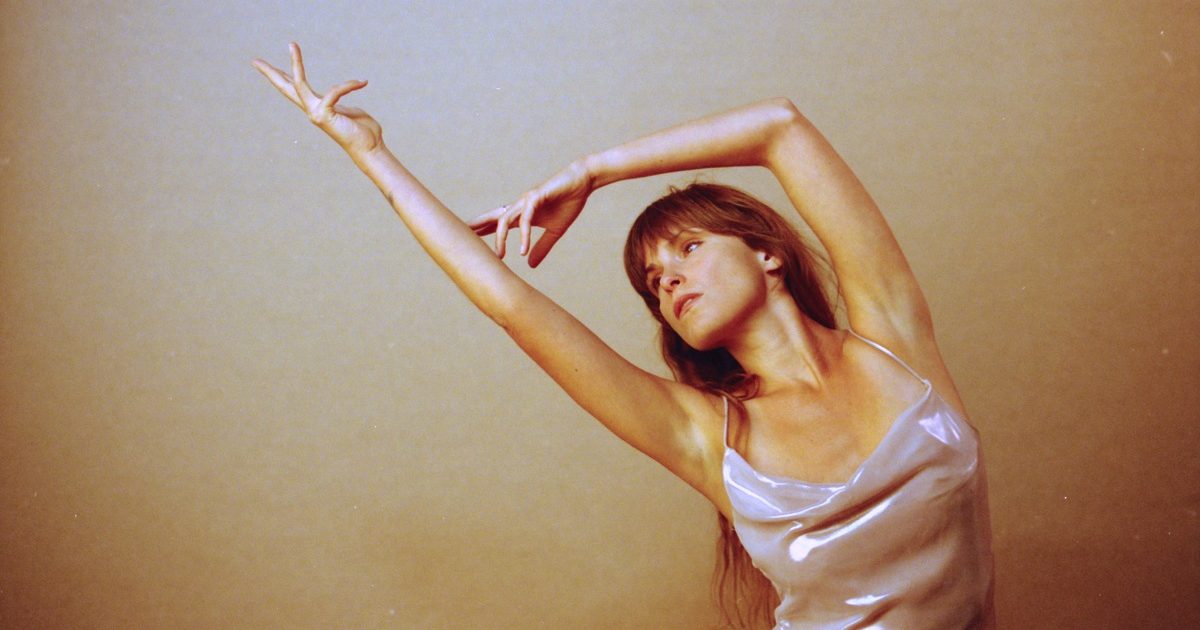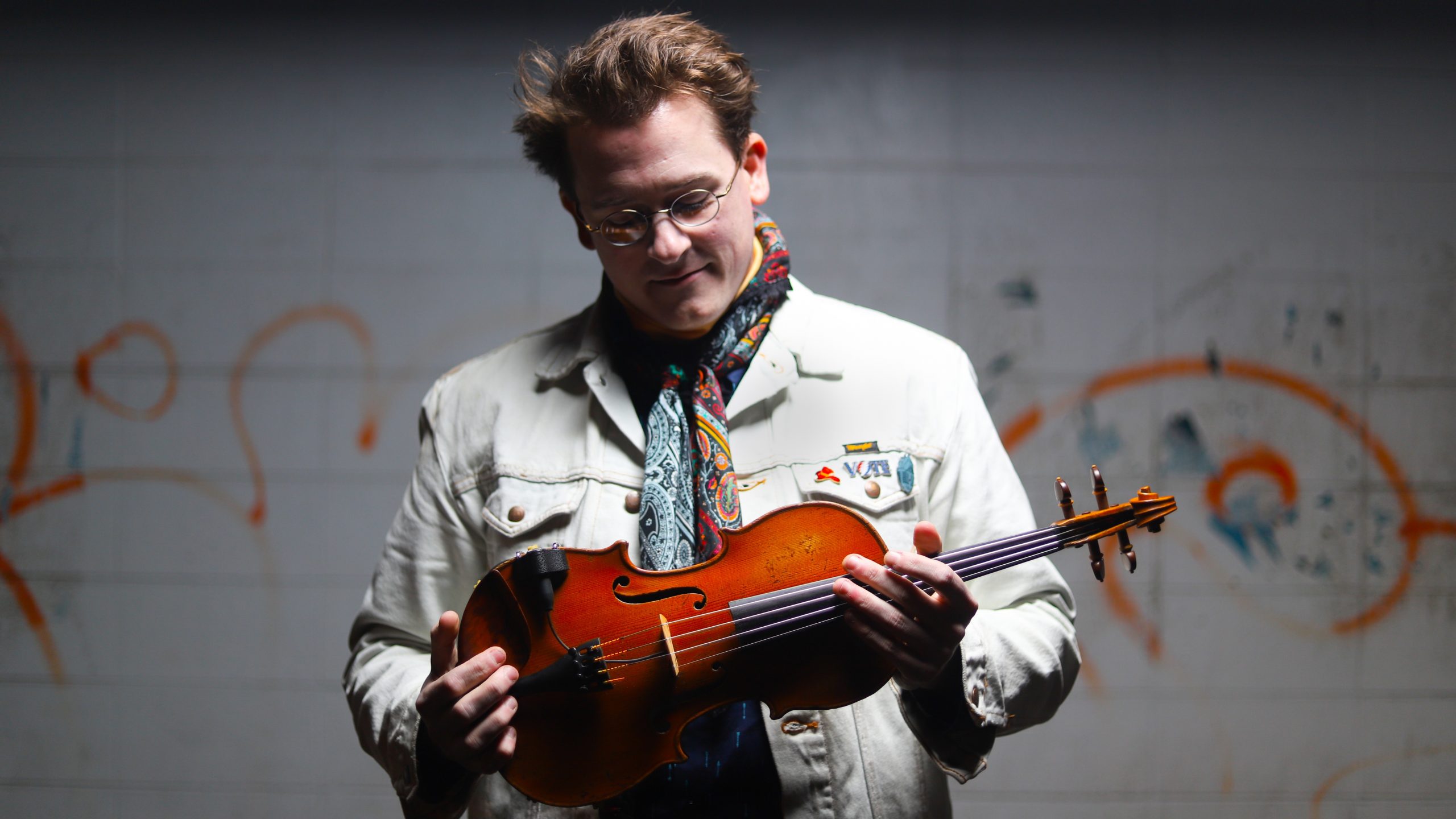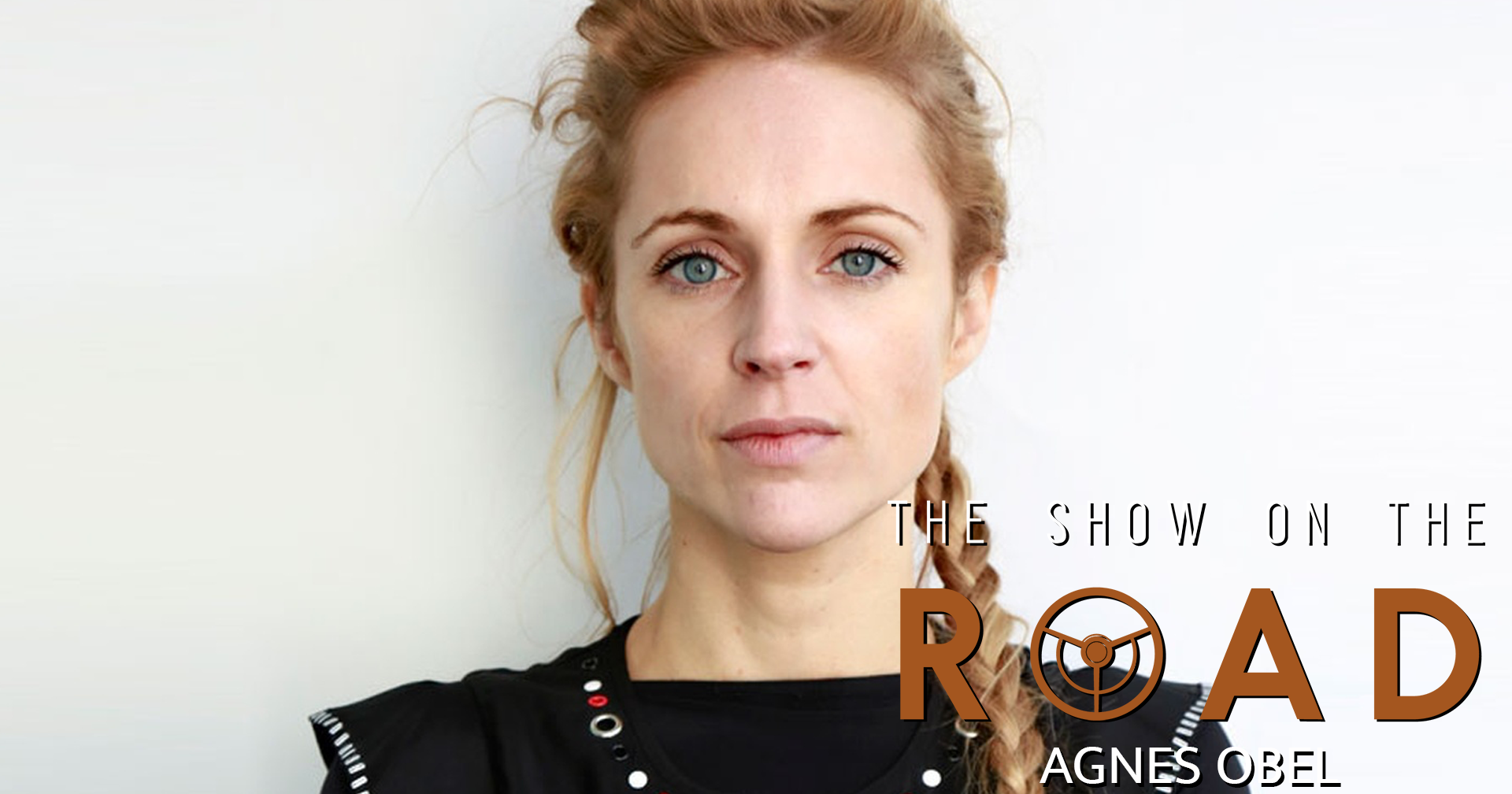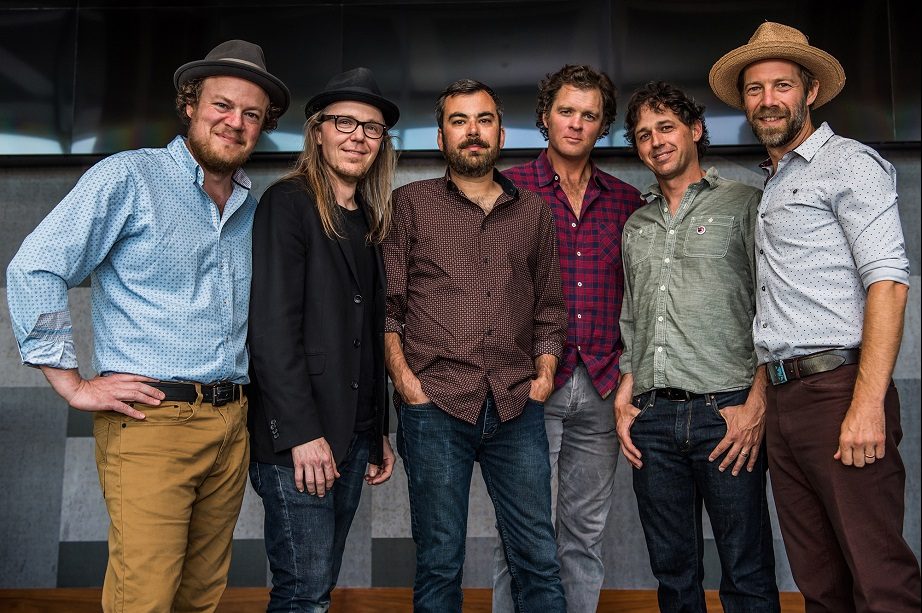Whether or not you realize it, the majority of people reading this have been listening to Mike Post’s music for a very long time. Like, a lot of it.
Post is the guy behind the theme songs to Magnum P.I., Hill Street Blues, Quantum Leap, The Greatest American Hero, and countless others. He even invented the famous Law & Order “DUN-DUN.”
But that’s only part of the story. Post began his 60+ year career as a member of the mythologized Wrecking Crew, becoming a Grammy-winning record producer who has worked with the likes of Kenny Rogers, Dolly Parton, and Van Halen whilst finding his niche in the television world with frequent collaborators Dick Wolf and Steven Bochco.
Now, Mike Post adds another chapter to his biographical tome, having released Message from the Mountains / Echoes of the Delta – an ambitious double album that blends his love of bluegrass and blues with his orchestral pedigree.
BGS co-founder Amy Reitnouer Jacobs sat down with Mike for an in-depth conversation, covering everything from Aaron Copeland to Earl Scruggs to Eddie Van Halen.
Amy Reitnouer Jacobs: Mike, what was your introduction to roots music? Because there is a long history, I think, of bluegrass and folk in Los Angeles that a lot of people don’t expect or understand. How did you get into bluegrass and Delta blues specifically?
Mike Post: I think I was first attracted to the harmonies and the melodies that are common to Irish music, to bluegrass, to the blues. There’s this modal sort of a thing that all those genres share, right?
Maybe even as far back as lullabies… My mom used to sing me this Irish lullaby, “Too Ra Loo Ra Loo Ral,” and I still remember it. And then I recall the first time I heard The New World Symphony and Grand Canyon Suite, things my parents were playing when I was 4 years old.
But, like every other white middle class kid from the Valley, when [Flatt & Scruggs’] Foggy Mountain Banjo album came out, it was like somebody handing you the Bible or the encyclopedia or something. I had to understand everything about it.
It wasn’t like [just] one thing that happened. It was a mishmash of The Kings: B.B., Albert, and Freddie. Flatt & Scruggs led me back to Monroe, which led me to Jim & Jesse and the Osbornes, and then I just drowned in this stuff.
This is not just a roots music album though, and I think you’ve kind of just touched on this in saying about how many different things you were pulling from. This is a record that has a really epic scale, often only saved for symphonic pieces and movie scores. It evoked Aaron Copeland the second I heard it. But it also has some of the most legit roots music players in Los Angeles on there, like Gabe Witcher, Herb Petersen, and Patrick Sauber. How did you get connected to those folks for the project? Did you already know them?
I met Herb when I was 18. You know, he just moved down from Berkeley. He’s about six months older than me, but we actually met at Hootenanny Night at the Troubadour. He was in a band called the Pine Valley Boys from Northern California, I had this five piece folk group; we were sort of like an expanded Peter, Paul and Mary. I had a Gibson 12-string and I’m a finger picker.
I heard [Herb] before I met him and I went, “Who was that?” And through Herb, I’ve known Gabe since he was a little boy.
Actually, I hadn’t worked with [Gabe Witcher’s brother], Mike Witcher before. And I’ve heard and worked with the best guys. So when I heard Mike, it was shattering to me because he is so soulful. You know, he’s not the flashiest, overplayer in the world. There’s a lot of them out there that have brought it to a place of technicality and speed that phenomenal. But Mike’s got the thing that Josh [Graves] had, which is the way he vibrates.
You can’t find much more authentic, better bluegrass players than the guys that are on this record. And the reason both the blues piece and the bluegrass piece are weird is because I’m weird.
You know, I’m a rock and roller folky that learned how to read, write, and orchestrate. So the idea for this was an odd idea. It only happened because my TV shows were on the beach, because of COVID. So I’m sitting there with nothing to do and I’m driving down to the desert to play golf. And I go down this Spotify bluegrass rabbit hole. I heard a couple of things I hadn’t heard before. And it just struck me.
I said, “You haven’t done anything scared you in a long time.” Not that I’ve been coasting – I’ve been writing music for television shows and producing some records all this time. But as a composer, you know, I’m the guy that at 23 years of age did this record, Classical Gas, which was supposed to be kind of off-the-beaten-path. I thought, well, why can’t you combine the orchestra and a bluegrass rhythm section? Not just a single fiddle player or a dobro player or a banjo player or a guitar player. Why don’t you put the five guys in front and have a conversation?
To have those things feed off of each other is really the formality of an orchestra and the improvisation that comes with bluegrass. It works really beautifully.
Thank you. I didn’t even know whether this was going to work. But I did it the old way… I got my drafting board out and my papers and pencils and score paper and did it by hand.
The we went into the Sony scoring stage in Culver City and had 80 players, genius orchestral players come in and it was thrilling.
Because orchestral recording, at least for television scoring, is more rare these days, has this inspired you to want to do more? To not just compose for picture?
It certainly was a different kind of rewarding. You know, working with pictures is fun because it’s so collaborative. They bring me their art and I put my art with it. Hopefully the whole thing’s more artful, right? But the truth is, I’m so satiated. I’ve been a member of the union since I was 16. I’ll be 80 in a few months. I’m still working. I was in here this morning working on the last episode of the season of SVU and still enjoying it!
One thing that I have noticed throughout your career is you consistently surround yourself with great collaborators that also seem like friends. First there’s your time starting with the Wrecking Crew and producing Kenny Rogers & the First Edition. Then there’s your ongoing projects with Steven Bochco, Stephen Cannell, Dick Wolf. Can you talk about those friendships and returning to work with people that you love and trust over and over again?
You’re never going to find anybody more fortunate than me. I am – it’s a corny word cause everybody overuses it – but I am blessed. It’s supposed to be a treacherous business, right? Supposed to be a business of people elbowing each other out of the way and climbing over bodies and litigation and getting screwed by the man and by the club owner and the record company. That never happened to me, none of it. I’ve been treated great. So why not give that back in double?
You know, I’ve been so fortunate to meet Steve Cannell before he’d ever sold a script. To be musical partners with a guy like Pete Carpenter… we worked together for 17 years. We wrote 1700 hours of music together for TV and never had an unkind word. So, you know, that’s the way my life has gone. Cannell led me to Bochco, Bochco led me to Dick Wolf. Cannell, Bellisario, Bochco, Dick Wolf. We did all kinds of stuff together, musically and film-wise and fun-wise and business-wise.
I just have never embraced the competitiveness. I’ve either made dear friends with the people I work with, or hired my friends, or the guys that hired me were already my friends. Wow, who gets to do that?
I moved out here to LA to work in film and then kind of stumbled into my musical life. But the whole time, I only wanted to surround myself with good people. It’s not about the competition. And it always surprised me, I guess, how revolutionary that seems to some people.
Speaking of working with your friends, I would be remiss if I didn’t talk about your work with Eddie Van Halen. Eddie is such a consistently referenced and venerated artist by some of the biggest bluegrassers today, like Billy Strings and Bryan Sutton. I read that you and Ed were friends before you produced Van Halen III. What was it about your musical sensibilities that attracted you to work together?
Let’s be honest. Eddie Van Halen is not the first martian that landed on the face of the planet, okay? Look at Mozart! Fast forward… how did Earl Scruggs sit there and go… [imitates the banjo]. Every once in a while, a genius shows up and changes everything.
After becoming friends, Eddie turned to me and he said, “Hey, will you help me with something?” I said, “Sure. What?” And he said, “I’d like to do one sober.”
I’ve never done any drugs. And Eddie knew that. So he said, you know, you can help me do this without any substance.
And I went, am I producing an album or am I the sergeant at arms at the door? Am I your sponsor? And he goes, man, I don’t know, both? And I went, all right, fuck it. Let’s go.
Basically all I did was get out of the way. It’s not a very good album. It’s nobody’s fault. It was an experiment. Unfortunately, [Alex Van Halen] was going through a terrible time in his life. So Al didn’t play on that. Eddie played everything. It just didn’t have magic. That’s all.
Ed was right on that trail of genius martians that look at music a different way. And no one else is ever going to do it like that. That’s just once. When you study Mozart, you look at it on paper and you go, “How in the world did that happen? Look at that.”
It doesn’t make sense, actually. That’s the beauty of it.
Exactly. It doesn’t make sense.
The last thing I wanted to say is what a fan I am and to let you know how grateful I am for taking the time today. I was going through your catalog last night and realizing how many of the songs you have written have been true soundtracks of my life. I kid you not when I tell you that “Hill Street Blues” is still my ringtone on my phone. So, uh, I just need you to know that I still love that song.
That really makes me feel really happy! Sometimes [I look back at my career and] I don’t know that I actually believe that emotionally; I believe it intellectually. I go, “Oh yeah, that’s me up on the TV.” Like, did this really happen to me?
Photo Credit: Lawrence Sumulong
